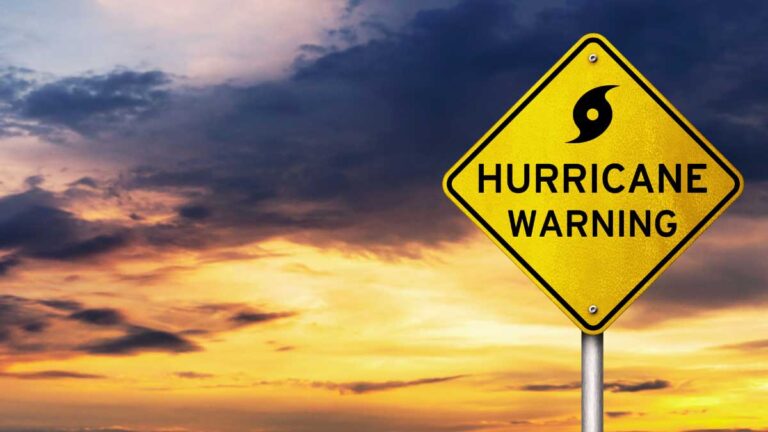Preparing ASD Children: Natural disasters like hurricanes, floods, and other emergencies can be overwhelming for any family, but for families with neurodivergent children, the challenges can be even more profound. Children with autism may struggle with sudden changes in routine, loud noises, and the general unpredictability that accompanies such events. At ABA Centers of Florida, we recognize the importance of not only delivering gold-standard ABA therapy but also helping families prepare for every eventuality, including natural disasters.
Incorporating a thoughtful, proactive plan ensures your family prepares and your child feels secure during these uncertain times. Below are essential tips and resources designed to help your family create an emergency preparedness plan, offering support before, during, and after a disaster.
Why ABA Therapy Is Vital During Times of Crisis
ABA therapy builds resilience in children with autism by developing skills that promote flexibility, emotional regulation, and coping mechanisms. These are crucial during moments of uncertainty, like natural disasters, with disrupted routines and high stress levels. ABA Centers of Florida helps families establish strategies to support children in adapting to changes—skills that can be life-saving when disaster strikes.
Autism-Friendly Resources for Natural Disaster: Preparing ASD Children
Autism Speaks and other organizations such as FEMA and Ready.gov have crafted a variety of tips and resources to help families affected by autism prepare for emergencies. Here’s a breakdown of key strategies to implement:
- Create a Family Emergency Plan
- Know where to go if an evacuation is required and identify local shelters that cater to individuals with special needs. Upon arrival, communicate your child’s unique needs to the staff.
- Assemble a disaster supply kit that includes essentials such as flashlights, medications, favorite toys or comfort items, and a list of emergency contacts.
- Make a family communication plan, and don’t forget to sign up for text or email emergency alerts in your area.
- Plan for Sensory Needs
- Bring noise-canceling headphones or earplugs to help reduce overwhelming sounds.
- Label your family’s designated space if staying in a communal shelter to provide a sense of security and boundaries for your child.
- Pack sensory items such as weighted blankets or fidget toys to help your child feel more comfortable.
- Evacuating Your Home
- In the event of an evacuation, contact shelters beforehand to confirm accommodations for individuals with special needs.
- Bring familiar items like toys, books, and electronic devices to help ease the transition.
- Make sure you have your child’s IEP and vital medical documents on hand to ensure continuity of care if relocated to another school or medical facility.
- Prepare for Medical and Technological Needs
- Have extra medication and dietary supplies ready for at least three weeks, and pack any necessary assistive devices with detailed information about the equipment.
- If you use medical equipment that requires electricity, talk to your healthcare provider about backup power options.
Support After a Disaster: Community and Resources
ABA Centers of Florida is here to support families before, during, and after a natural disaster. While disaster recovery can be a long process, the support system you build now will be invaluable in helping your child feel secure and navigate these uncertain times.
For additional resources, check out Autism Speaks’ Natural Disaster Resources or contact ABA Centers of Florida at (772) 773-1975 for help in preparing your family for these challenges. With a solid preparedness plan and the proper therapeutic support, families can face the unexpected with confidence.








